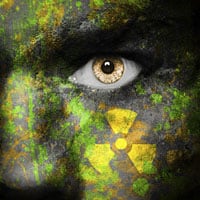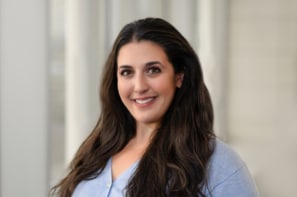By Margaret Harris
As Physics World’s reviews editor, I come across a lot of books that interest me intellectually. But with Kate Brown’s book Plutopia – the subject of this month’s Physics World podcast – my interest is personal, too.

Brown’s book tells the story of two cities, Richland in the US and Ozersk in the former Soviet Union, that were built to house workers at the nearby Hanford and Maiak plutonium plants. Brown calls these cities “plutopias” because high wages and subsidies meant that residents enjoyed a better standard of living than their neighbours outside the secure zones. Such benefits, in turn, fostered an atmosphere of loyalty and solidarity that helped keep the plants’ horrendous environmental records under wraps.
This sounded familiar to me because my childhood had a decidedly “plutopian” flavour. Although I didn’t grow up in an “atomic city” like Richland or Ozersk, my father worked for a defence contractor for 39 years, and his plant’s generous vacation allowance meant that we took longer holidays than most American families. We had good health insurance, too, which may have saved my life as a teenager. But after reading Plutopia and speaking to Brown for the podcast, I found myself wondering whether such benefits were a fair trade for working, as my father and thousands of others did, in a mostly windowless building that was surrounded by razor wire and contaminated with beryllium dust.
Such hazards were, of course, small beer compared with those at Hanford and Maiak, both of which sent at least 200 million curies of radiation into the environment – twice the amount released in the meltdown at Chernobyl – during their 40-plus years of operation. How they managed to do this without anyone speaking out is a fascinating question, and toward the end of the podcast (which you can download or subscribe to via iTunes) you’ll hear Brown talking about the lessons she hopes physicists will learn from reading Plutopia.
Brown has some good recommendations for how physicists can help prevent future nuclear disasters, and I’d encourage you to listen to them. But in my case, her book’s biggest impact has been on how I regard my own family history.



